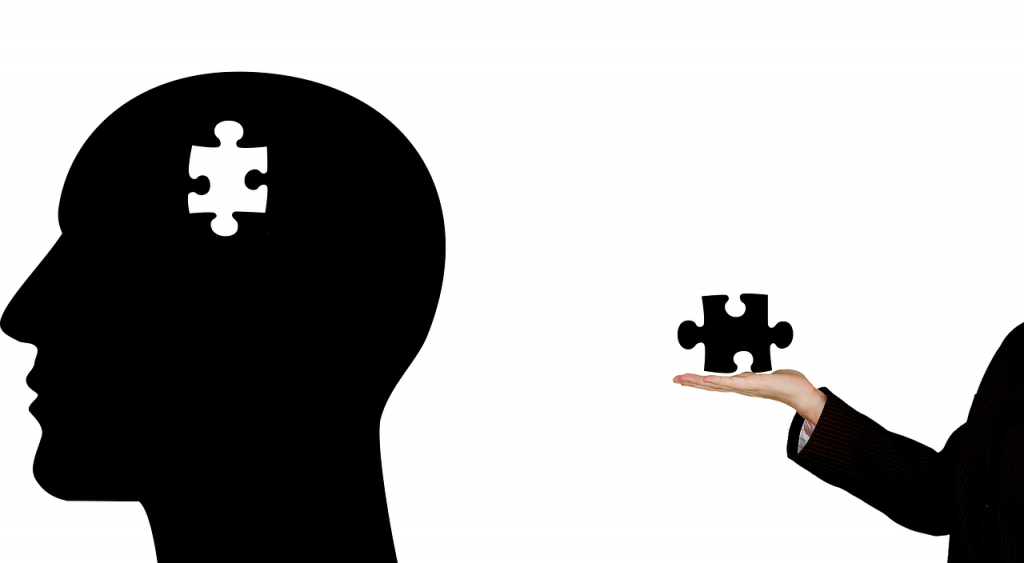
by Rupali Grover – Follow @browngirlmag
Have you ever wondered why one person says that therapy saved their life, whereas another person says that therapy doesn’t work?
The quality of the relationship between the therapist and the client determines how successful therapy will be. If you work with the right therapist, positive changes can happen. If you’re working with a therapist that’s not right for you, you may not see much improvement.
South Asians, who may be new to seeking a therapist, may not know where to start. Before you open up to someone and give them your trust, it’s important to be mindful of what to look for and what to avoid. Here are four red flags that South Asians should be aware of when choosing a therapist:
1) Your therapist acts abusively
As a client, you have the right to be treated with respect, compassion, and dignity. If you’re a brown person who grew up in a toxic family, you may think that an abusive therapist is normal. It’s never okay for a therapist to call you names, body shame you, scream at you, control you, isolate you from family and friends, threaten to hit you, or coerce you into sexual activity. Abusive providers may justify their actions by saying,
“I am just trying to help you,” or “I am doing this, because I want the best for you.”
Shaming the client and taking their power away doesn’t help the client get better. A good therapist is nonjudgmental and can empathize with you. A good therapist treats you like an adult, recognizing that you can make your own choices and decisions.
[Read Related: #TherapyTalk: I Stopped Making Excuses and Discovered I Wasn’t Alone]
2) Your therapist can’t intellectually connect with you
Considering that South Asians statistically make up some of the most educated ethnic groups in America, it makes sense to work with a well-informed therapist that you respect. According to therapists who specialize in counseling-gifted adults, it’s hard to make progress with a professional that can’t meet you at your intellectual level. I am not saying that your therapist has to be much smarter than you, but they can help you better when they understand your thought process. Pay attention to how well a therapist can connect the dots and get the big picture of what you’re saying. A good therapist can offer insight and knowledge that you may not have been aware of.
3) Your therapist expects you to fulfill their emotional needs
Some clients spend months or years with the wrong therapist because they are worried about hurting the therapist’s feelings. If you’re a South Asian who was raised to always obey your elders, please realize that you’re not responsible for taking care of your therapist. Your therapy sessions should be about you and your needs. For example, a therapist may say that her husband losing his job has left her broke. A client may then feel too guilty to terminate therapy because they feel like they have to financially help the therapist out. A therapist may even admit to a client that she has no self-confidence, which again puts the client in an uncomfortable position.
[Read Related: #TherapyTalk: How to Talk About Feelings When You’ve Been Told Not To]
4) Your therapist is not culturally sensitive
Even though many South Asian women are born and raised in America, we still choose to adopt some of our parents’ values. It’s wrong to tell a South Asian woman,
“You don’t even live in India. Why does talking about your culture matter?”
Our cultural backgrounds do matter because growing up with our immigrant parents has impacted how we see the world. A culturally sensitive therapist will make an effort to understand why Indian values are important to you, such as being okay with living with your parents or not believing in cutting ties with your family. A culturally sensitive therapist will understand that your anxiety and suicidal thoughts may stem from cultural issues too, such as dealing with the pressure to get married. Your therapist shouldn’t try to fix you, just because you choose to reject certain Western values.
[Read Related: #TherapyTalk: A South Asian Perspective and Discovery]
Lastly, always trust your instincts when seeing a therapist. A therapist could look great on paper, be nice to you, and may even work well with many other clients. But, you still may feel like they’re not right for you. That’s okay. Listen to the gut feeling that says,
“Maybe I should try someone else.”
It’s perfectly acceptable to try out several therapists to see who you click with best. You have every right to terminate services with someone you’re not connecting with. Don’t let your therapist, friends, or family try to talk you into staying with the wrong therapist. Once you find the right match, the results of therapy are worth it.
 Rupali Grover is a licensed clinical professional counselor who has worked with survivors of sexual assault and trauma. You can catch her writing on elephantjournal.com, introvertdear.com, and survivortoday.org.
Rupali Grover is a licensed clinical professional counselor who has worked with survivors of sexual assault and trauma. You can catch her writing on elephantjournal.com, introvertdear.com, and survivortoday.org.




